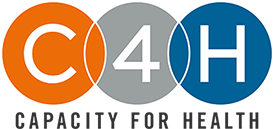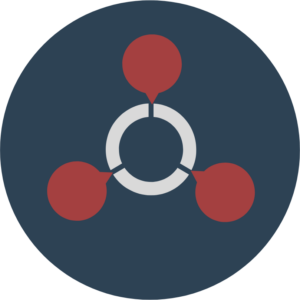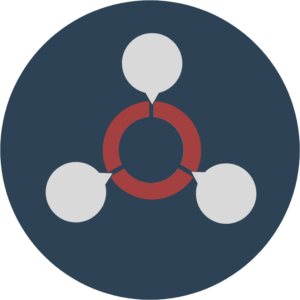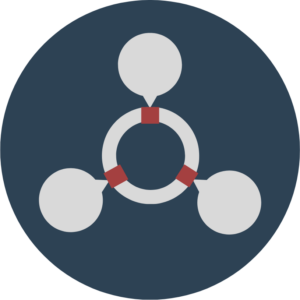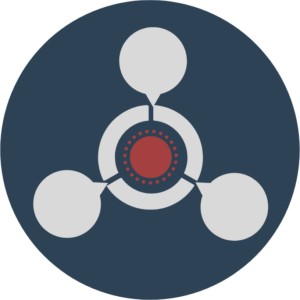Capacity Building for Health Equity
About the Program
Our capacity building assistance (CBA) for Health Equity aims to enable better opportunities for organizations and public health professionals to respond to racial, health, and structural disparities at the local level. This program will provide free CBA to Asian American and Native Hawaiian/Pacific Islander (AA & NH/PI) serving communities to support equity-based programs via virtual or in-person workshops, webinars, and skills-based training resources. These strategies are designed to create opportunities for programs to improve access to care, eliminate disparities, and reduce the disproportionate burden of disease in our community.

Equity
Utilizing data on health disparities to design equity-focused interventions, services, and evaluation tools that raise visibility and promote health justice.

Sustainability
Fortifying the capability of existing relationships, structures, and resource-building processes needed to produce independence and sustained capacity.

Cultural Competency
Cultural dimensions of the local community and broader systems that influence the capability to support community members and engage with local partners.

Social Determinants
Recognizing the significance of the influence between public health, its communities, and the systems within which both are situated and its impact on health outcomes.
Our Racial Equity Framework for Public Health
The Racial Equity Framework for Public Health Interventions (REF-PHI) was developed as a theory of change model to support our community partners in their fight to achieve racial and health equity justice for AA & NH/PIs. Although the framework does not represent the entirety of the AA & NH/PI experience, it can pose an excellent starting point for organizations who want to achieve equitable outcomes in their priority populations.
Check out our Racial Equity Framework Toolkit to learn more about our framework and its application!
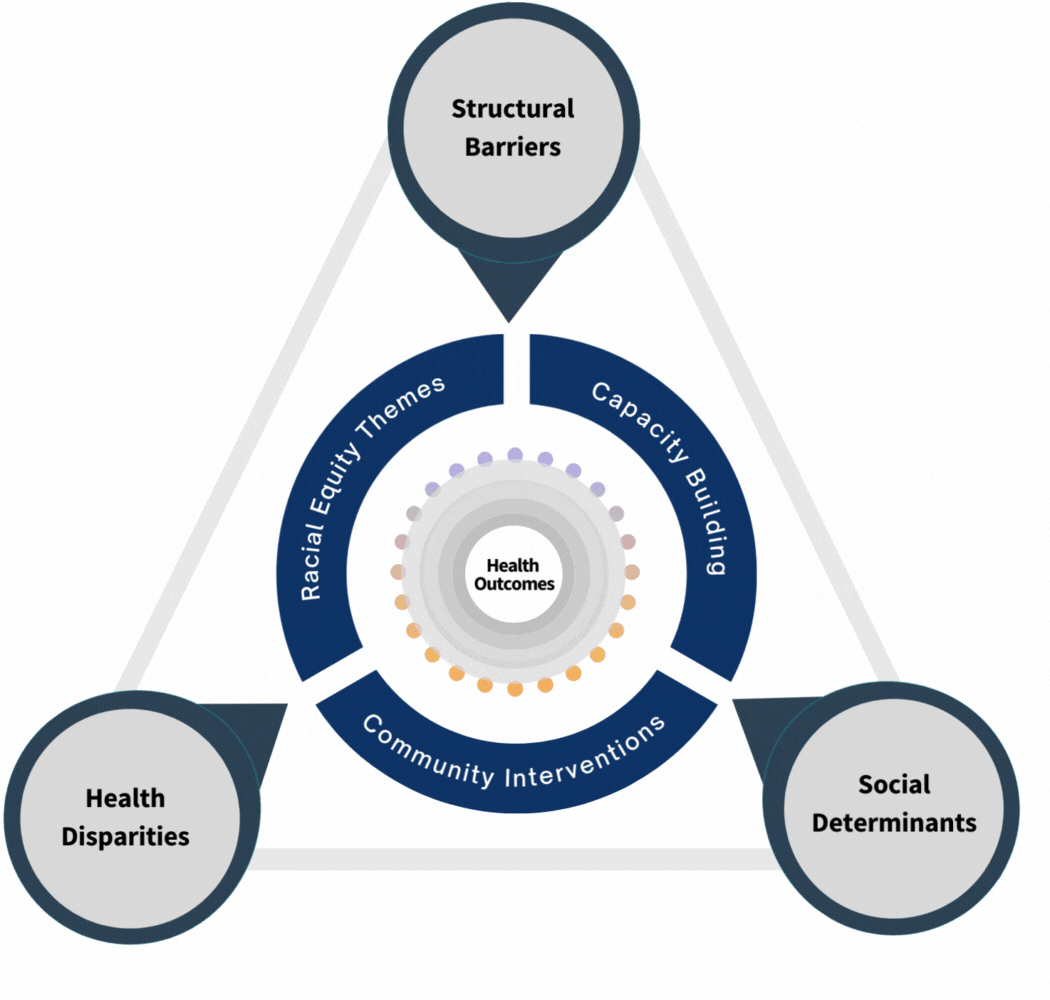
Program Mission
Our philosophy is focused on empowering community leaders with the resources they need to successfully manage the people, programs, and organizations that serve AA & NH/PI communities. The goal is to employ our communities’ insights, lived experiences, and cultural identities to develop more fruitful, representative, and community-centered interventions for AA & NH/PIs.
Program Contacts
Jamila Shipp, MPH – Managing Director
Target Audience
We welcome any federal, state or local leadership bodies who primarily or indirectly serve the AA & NH/PI communities, including but not limited to:
- community-based organizations (CBOs)
- local/state health departments
- academic institutions
- social service programs
- non-governmental organizations (NGOs)
- community-led clinics
- federally qualified health centers (FQHCs)
Capacity Building Assistance Site Visits
January–June 2023
The CBA for Health Equity Program will be accepting applications from AA & NH/PI serving Community Based Organizations (CBOs) interested in receiving FREE in-person CBA from our team. Participants will receive one-on-one skills-based training via scheduled site visits. These in-person consultations are designed to help improve your organization’s fitness and capacity to execute program goals and objectives. We will review applicants on a rolling basis. For more information, please download our CBA brochure!
Disclaimer: This project was funded by the Centers for Disease Control and Prevention. Its contents are solely the responsibility of the authors and do not necessarily represent the official views of the Centers for Disease Control and Prevention or the Office of Minority Health and Health Equity (OMHHE).
Acknowledgement of Federal Funding: This project is supported by the Centers for Disease Control and Prevention, Office of Minority Health and Health Equity, of the U.S. Department of Health and Human Services (HHS) as part of the OT18-1802 Cooperative Agreement award totaling $220,000 with 100 percent funded by CDC/HHS. The contents are those of the authors and do not necessarily represent the official views of, nor an endorsement, by CDC/HHS, or the U.S. Government.
